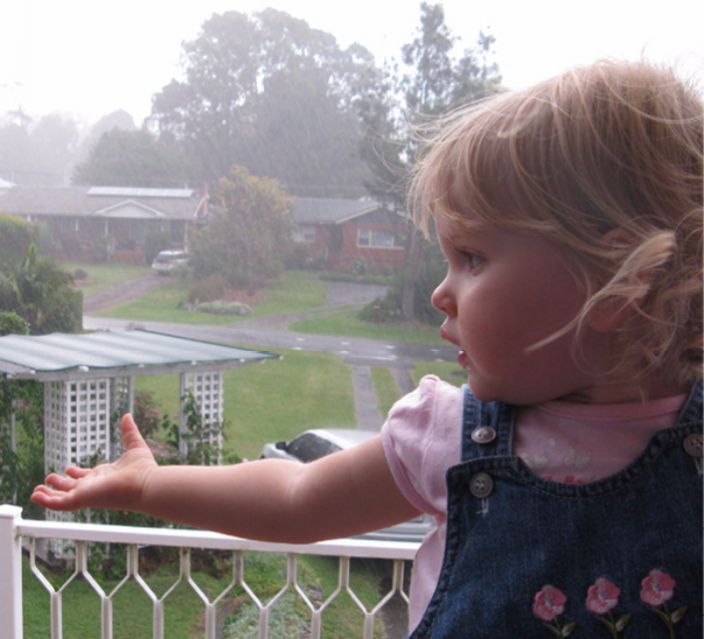
Increasingly early childhood teachers are being pushed to introduce learning experiences that seem developmentally inappropriate, Joy Lubawy writes.
Less time playing in sand and more time sitting in a group reciting the alphabet or responding to flashcards, more time colouring-in/doing worksheets and less time cutting up oranges and making marmalade.
Where, we might ask, has the open ended experience, conversation and environment gone?
Gowrie NSW put this comment on their Facebook page (with photo of children building with blocks):
“Open ended materials are like open ended questions - there is no one right way to use them. Open ended materials allow the children to express their creativity and imagination.”
I am reminded of a seminar participant who stayed after we had finished for the evening, to ask about an experience she had introduced to the two year old children that week.
“I taught them about rain” she told me. She has been listening intently to the topic of the evening and now wanted to check her new understandings.
I ask how she had taught the children about rain, and made several suggestions: “You walked in the rain?”, “You carried the children one at a time into the rain under an umbrella?”, “You all sat under the awning and felt the rain on your hands?”, “You all sat against the big windows and watched the rain lash the glass and slide down in small rivers?”
To every question she sadly shook her head “no”.
I was amazed by her reply. “I drew a drop of rain on an A4 piece of paper, photocopied it, then put each piece in a plastic tray, with some blobs of paint, and a few marbles, put the plastic lid on and encouraged the children to shake the container and roll the marbles to make a thunder sound. Then I took the paper out, hung it to dry, and later cut out each droplet and made a display on the wall, with a sign, ‘we have been learning about rain’.”
Suddenly she was up against what were to her new ideas and they didn’t fit with her long held practices. But, has it changed that much? Are we in danger of losing these ideas?
Are we enduring pushdown influences, pressure to be more effective teachers, hurrying children along in their development and learning? Are we staying strong?
A colleague tells me that every teacher in their vast organisation has to submit a short video of them engaging in ‘intentional teaching’ and adds “but it can’t be about colours or numbers though”. I wonder if people are using the word ‘intentional’ when they actually mean direct instruction or even didactic?



































































































































